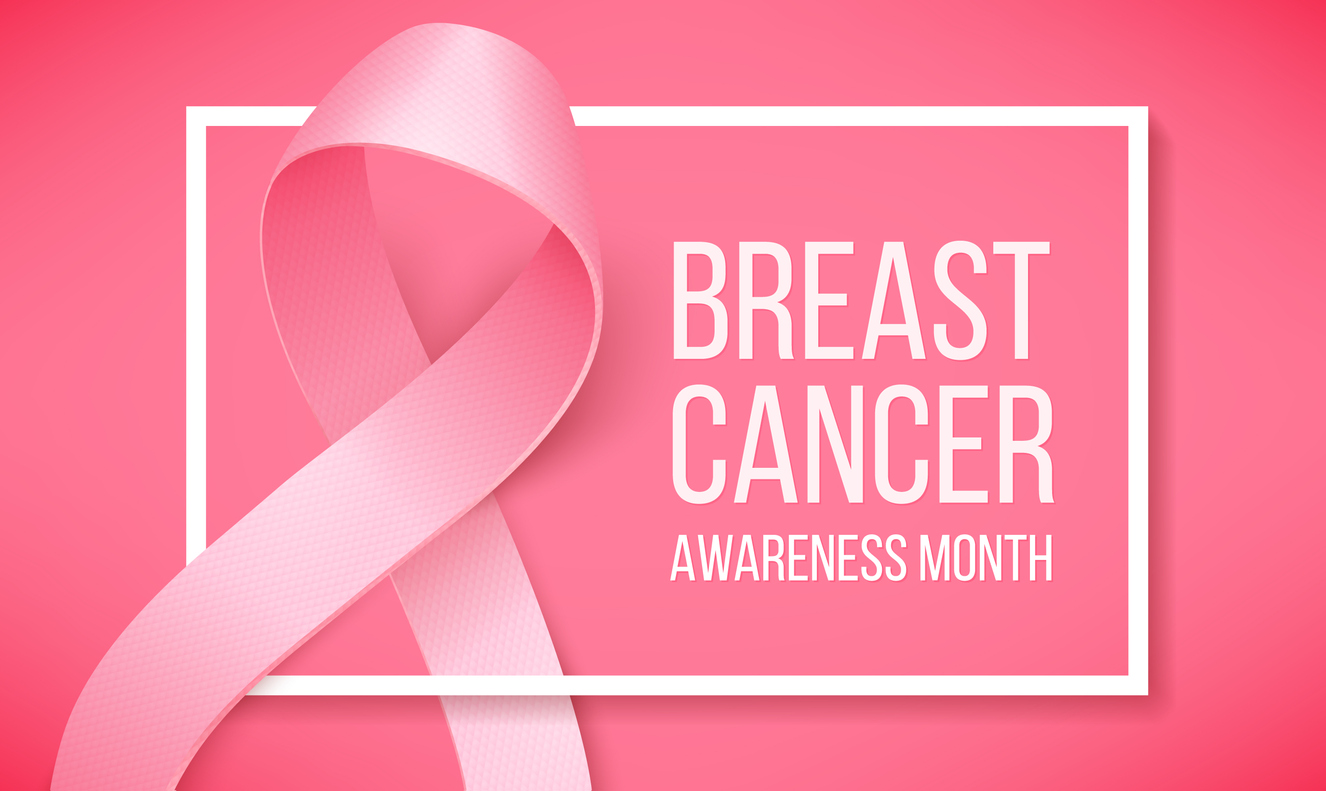Breast cancer is one of the most common cancers affecting women worldwide. At UNC Fertility, we are committed to not only helping families grow but also empowering women with knowledge about their health. October is Breast Cancer Awareness Month, and we want to take this opportunity to highlight the connection between breast health and fertility, as well as share important information about breast cancer prevention, early detection, and support.
Breast Cancer and Fertility: Understanding the Link
For many women, breast cancer is not only a health crisis but a life-altering experience that can impact many areas of their lives, including their fertility. Cancer treatments such as chemotherapy, radiation, and hormone therapy can negatively affect a woman’s reproductive health by reducing ovarian function or causing premature menopause. This can make conceiving a child more difficult after treatment.
At UNC Fertility, we offer fertility preservation options such as egg and embryo freezing for women who are newly diagnosed with breast cancer and wish to preserve their fertility before starting cancer treatment. By freezing eggs or embryos, women may be able to use these at a later time, when they are ready to start or grow their family.
Importance of Early Detection
Early detection of breast cancer greatly increases the chances of successful treatment. Regular screening and self-examinations are crucial tools in catching breast cancer early. Women should begin getting annual mammograms starting at age 40, or earlier if they have a family history of breast cancer or other risk factors. In addition, being familiar with how your breasts normally look and feel can help you notice any changes such as lumps, swelling, or skin dimpling, which should be evaluated by a healthcare professional as soon as possible.
Breast Cancer Risk Factors and Prevention
While breast cancer can occur in women with no known risk factors, several factors increase the likelihood of developing the disease:
- Age: The risk of breast cancer increases as women age.
- Family History: A family history of breast cancer, particularly in a mother, sister, or daughter, can increase the risk.
- Genetics: Mutations in the BRCA1 and BRCA2 genes significantly raise the risk of developing breast and ovarian cancer.
- Lifestyle Choices: Smoking, excessive alcohol consumption, and a sedentary lifestyle can contribute to higher breast cancer risk.
To reduce the risk, women are encouraged to maintain a healthy lifestyle by eating a balanced diet, exercising regularly, limiting alcohol intake, and avoiding smoking. Managing stress and staying proactive about breast health through regular check-ups are also important aspects of prevention.
Support for Breast Cancer Patients at UNC Fertility
Facing breast cancer can be overwhelming, but support systems are essential during this time. At UNC Fertility, we understand the physical and emotional toll that breast cancer and its treatment can take. We provide compassionate, personalized care to all our patients, whether they are seeking fertility preservation or support after cancer treatment.
Our team works closely with oncologists and other healthcare providers to ensure that each patient’s treatment plan takes into account their fertility goals. We are committed to walking alongside you every step of the way, offering hope and the possibility of parenthood to women facing breast cancer.
Join Us in the Fight Against Breast Cancer
During Breast Cancer Awareness Month and throughout the year, we encourage women to prioritize their health. Whether you’re scheduling your first mammogram or considering fertility preservation options before starting cancer treatment, the team at UNC Fertility is here to support you.
If you or someone you know is facing breast cancer and considering fertility preservation, contact UNC Fertility today to schedule a consultation and learn more about your options.








